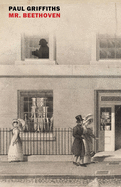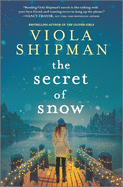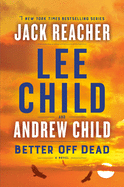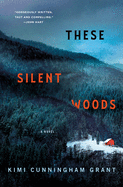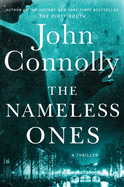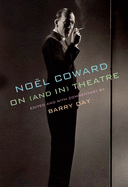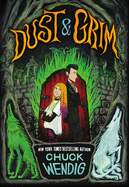_and_Lee_Child_c_Tasha_Alexander_091921.jpg) |
| Brothers and co-authors: Andrew Child (l.) and Lee Child. (photo: Tasha Alexander) |
Lee Child is the author of the bestselling Jack Reacher series. A series based on the first Reacher novel, The Killing Floor, will stream on Amazon Video in early 2022. Lee Child announced his retirement last year, handing over the reins to his younger brother, Andrew (who's written nine thrillers under the name Andrew Grant). The two are cowriting a handful of the Reacher books during the transition; Better Off Dead (Delacorte; reviewed below) is their second collaboration.
How do you divvy up the writing duties? Who handles what?
Lee: The best part of writing is lying on the sofa, daydreaming about what-if this, or what-if that. We both do that part. Then comes the hard work--typing, spelling, organizing--and Andrew does that part. Nowadays there's a third part, which is promoting the book, and we're doing that together, but sadly only virtually. We were looking forward to being on stage together.
Andrew: My spelling's not the greatest, but I am a fast typist and I love the experience of seeing the ideas we've kicked around taking shape on the page. That's extremely satisfying, but I do wish it was possible to do some live events together. That would be fun.
What was the inspiration behind the trafficking of chemical weapons plot in Better Off Dead?
Andrew: It was an article I read about the use of chemical weapons during the two recent wars in Iraq. It was a wide-ranging piece, but the thing that really stuck out was the fact--which is mentioned in the book--that soldiers who were injured while dealing with a cache of shells containing illegal chemicals after an engagement with the enemy was over, or while transporting suspicious munitions for analysis, etc., were denied Purple Hearts. This struck me as tremendously unfair, and the kind of thing that could easily breed sufficient resentment to push an already desperate person onto a very bad track.
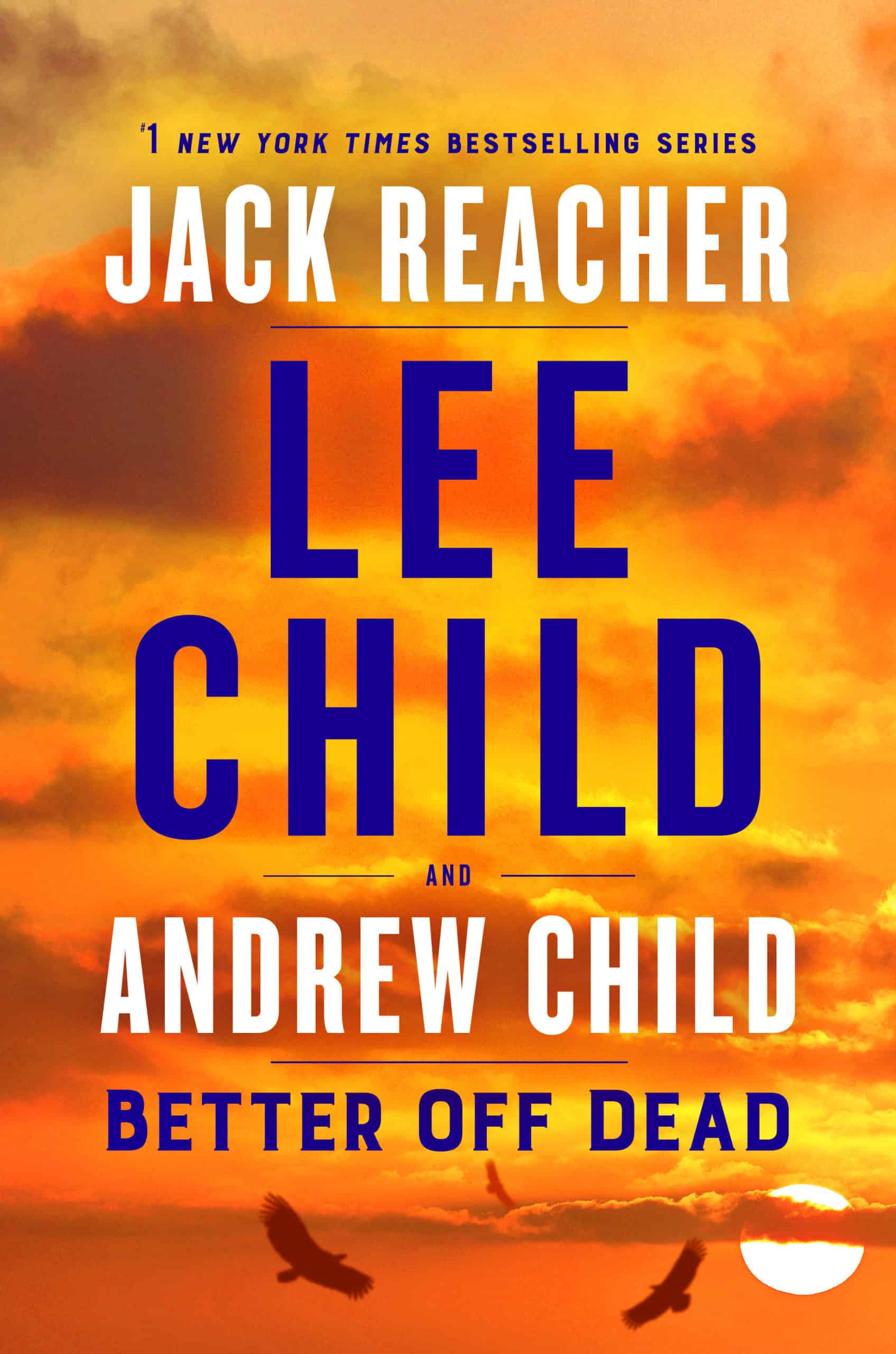 Did either of you get to interview a member of an Army Technical Escort Unit as part of your research?
Did either of you get to interview a member of an Army Technical Escort Unit as part of your research?
Lee: We could tell you, but then we'd have to kill you. Seriously, probably yes, but neither of us is that kind of real-time researcher. We feel that approach makes exposition too shiny and new. Better to let things percolate a while. So we rely on what we learned over the last few years, and the people we've met. In my case, I've been lucky enough through Reacher to get invited to all kinds of army places, and I've met hundreds of serving men and women, and the way they move around, I bet a few of them have passed through that unit.
The villain in Better Off Dead is named Dendoncker. There's a Belgian footballer named Leander Dendoncker. Is there a story here?
Lee: There's been a story since my first book--if I get stuck for a name for a person or a place, then, yes, I turn to soccer players. Usually Villa if it's a good guy, and not if it's not.
Andrew: Better Off Dead continues that tradition. We have a character called Houllier, for example. And of course Fenton....
What's the easiest thing about writing with a partner, and the most challenging?
Andrew: A big part of the daydreaming stage that Lee mentioned earlier is asking the question what happens next? It's much easier to answer that when you have someone you trust to bounce ideas off. The biggest challenge is when you fear that yours might be crazy or ridiculous but [you] have to suggest them anyway.
Lee: Really, it's two sides of the same coin for me. The bad part is, I have to say bad ideas and dumb words and confusing sentences out loud in front of someone else, which is deeply wounding, obviously. The good part is, consequently I have no chance of fooling myself about them, which makes for a lot of saved time in the end.
How do you meld your different writing styles into one seamless narrative?
Lee: Deep down they're not very different. The delicious irony in all this is, for nine books Andrew took great care not to sound like me, and now he's supposed to.
Andrew: Lee is absolutely right. I feel like the shackles have been removed and I can finally write how I always wanted to.
When creating a fight scene, did you ever try out the fight choreography on each other?
Lee: Much better in the mind's eye. I wouldn't want to hurt him.
Andrew: You mean you wouldn't want to go back to doing all the typing.
Lee, what has Andrew brought to Reacher that wasn't there previously?
Lee: The plan was to somehow, magically, invisibly, give Reacher a more plausible relationship with modern technology, which Andrew did last year with The Sentinel plot, and Reacher's reaction to it, which really worked, because it's there in Better Off Dead, too, but so unobtrusive it's no big deal. The unexpected thing Andrew did was rebalance Reacher in terms of his dialogue. I had been making Reacher so taciturn that three words would make a long speech, and a haiku would sound like a filibuster. Andrew remembered the earlier books, where Reacher spoke in whole paragraphs, often lethal and effective, sometimes rambling and funny. I'm glad we're moving back in that direction.
Andrew, what traits of Reacher's do you hope to magnify or explore in future novels?
Andrew: Reacher is so well established and so well loved that I'd be crazy to make any wholesale changes. As Lee mentioned in the previous question, we made a conscious decision to nudge the world Reacher inhabits forward a tiny bit in terms of technology, and I don't see myself wanting to reverse that course. I also would like to continue our reconnection to the wit and humor of Lee's earlier books, because I see that as an integral part of both Reacher's character and his arsenal.
Will Reacher's travel ever be affected by travel restrictions and lockdowns?
Lee: That's a great question, seriously, about the nature of fiction. Surely people read to escape, not to wallow in what they're currently hating. So I doubt we--or anyone--will get very far into the reality of the pandemic. The 1918 flu was a gigantic global disaster, and it hardly shows up in fiction at all.
Andrew: I think the only way Reacher would be affected would be in response to some kind of widespread logistical change, such as we saw with airlines after 9/11. --Paul Dinh-McCrillis
.jpg) You've probably seen photos of the hundreds of container ships waiting off the Port of Los Angeles, emblematic of the supply-chain difficulties facing the country. And even if the books you want are on shelves now, they may not be if you wait much longer. It's taking longer for publishers to reprint titles; paper is limited and printers are backlogged. What that means for you is that now is the time to do your gift shopping--stop into the bookstore to pick up that perfect thriller you know your brother or aunt or the neighbor who walks your dog would just love.
You've probably seen photos of the hundreds of container ships waiting off the Port of Los Angeles, emblematic of the supply-chain difficulties facing the country. And even if the books you want are on shelves now, they may not be if you wait much longer. It's taking longer for publishers to reprint titles; paper is limited and printers are backlogged. What that means for you is that now is the time to do your gift shopping--stop into the bookstore to pick up that perfect thriller you know your brother or aunt or the neighbor who walks your dog would just love.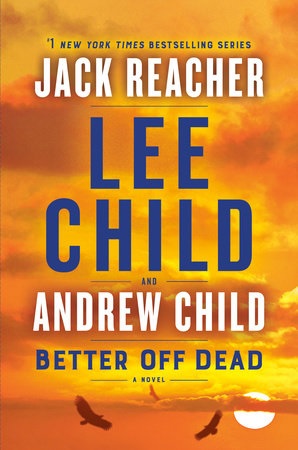 May we suggest the new Jack Reacher novel, Better Off Dead, out today? Check out our interview with brothers Lee Child and Andrew Child (below), in which they discuss their collaborative process and the military facts they uncovered in their research. Over the next few weeks, we'll be featuring gift books for cooks, biography and history buffs, romance fans and more, as well as children's and young adult books for the budding readers in your life.
May we suggest the new Jack Reacher novel, Better Off Dead, out today? Check out our interview with brothers Lee Child and Andrew Child (below), in which they discuss their collaborative process and the military facts they uncovered in their research. Over the next few weeks, we'll be featuring gift books for cooks, biography and history buffs, romance fans and more, as well as children's and young adult books for the budding readers in your life. But why not get a head start? In today's issue, there's a book on David Hockney by James Cahill; a debut story collection set in Pakistan by Farah Ali, People Want to Live; and "a playful and innovative work of historical fiction," Paul Griffith's Mr. Beethoven, shortlisted for the Goldsmiths Prize.
But why not get a head start? In today's issue, there's a book on David Hockney by James Cahill; a debut story collection set in Pakistan by Farah Ali, People Want to Live; and "a playful and innovative work of historical fiction," Paul Griffith's Mr. Beethoven, shortlisted for the Goldsmiths Prize.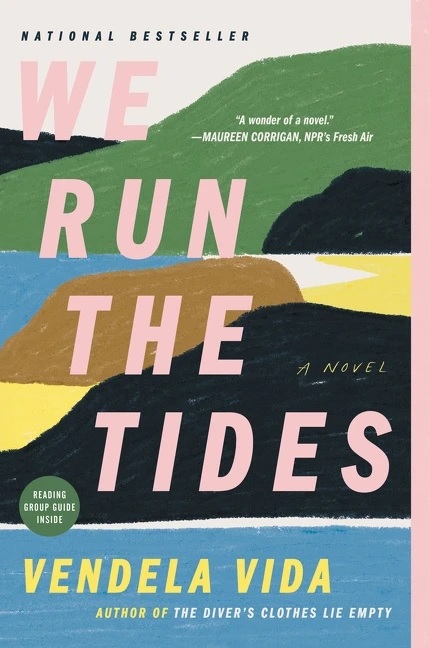 And don't you deserve a little something for being so thoughtful, gathering gifts for your loved ones? We Run with the Tides by Vendela Vida, set in mid-1980s San Francisco--"a dreamy, tricky tale of girlhood, secrets and the shifting sands of truth" and a 2020 New York Times Book Review Editors' Choice--is just out in paperback. Stay calm and read on! --Jennifer M. Brown, senior editor, Shelf Awareness
And don't you deserve a little something for being so thoughtful, gathering gifts for your loved ones? We Run with the Tides by Vendela Vida, set in mid-1980s San Francisco--"a dreamy, tricky tale of girlhood, secrets and the shifting sands of truth" and a 2020 New York Times Book Review Editors' Choice--is just out in paperback. Stay calm and read on! --Jennifer M. Brown, senior editor, Shelf Awareness


_and_Lee_Child_c_Tasha_Alexander_091921.jpg)
 Did either of you get to interview a member of an Army Technical Escort Unit as part of your research?
Did either of you get to interview a member of an Army Technical Escort Unit as part of your research?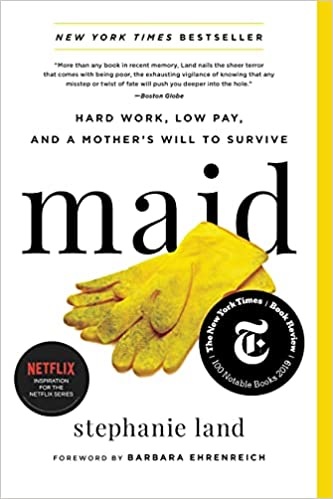 On October 1, Netflix released the miniseries Maid, based on the book Maid: Hard Work, Low Pay, and a Mother's Will to Survive by Stephanie Land. Land's 2019 memoir, which expands on a popular
On October 1, Netflix released the miniseries Maid, based on the book Maid: Hard Work, Low Pay, and a Mother's Will to Survive by Stephanie Land. Land's 2019 memoir, which expands on a popular 
